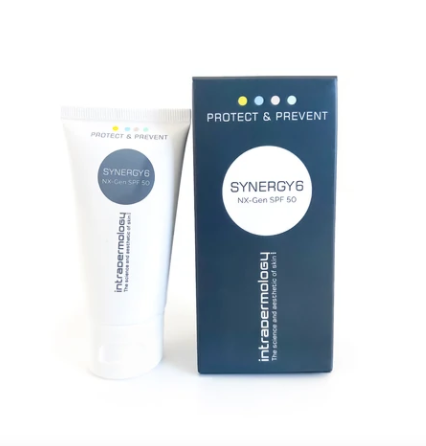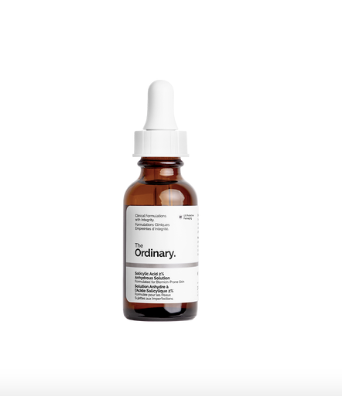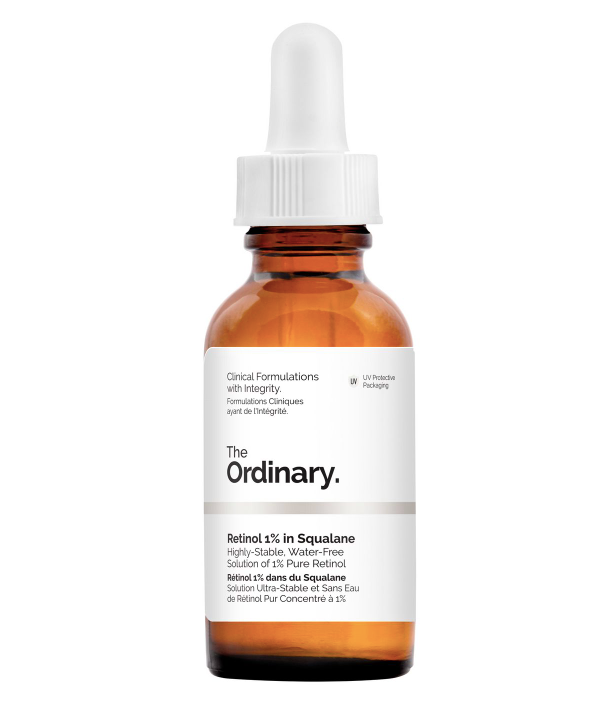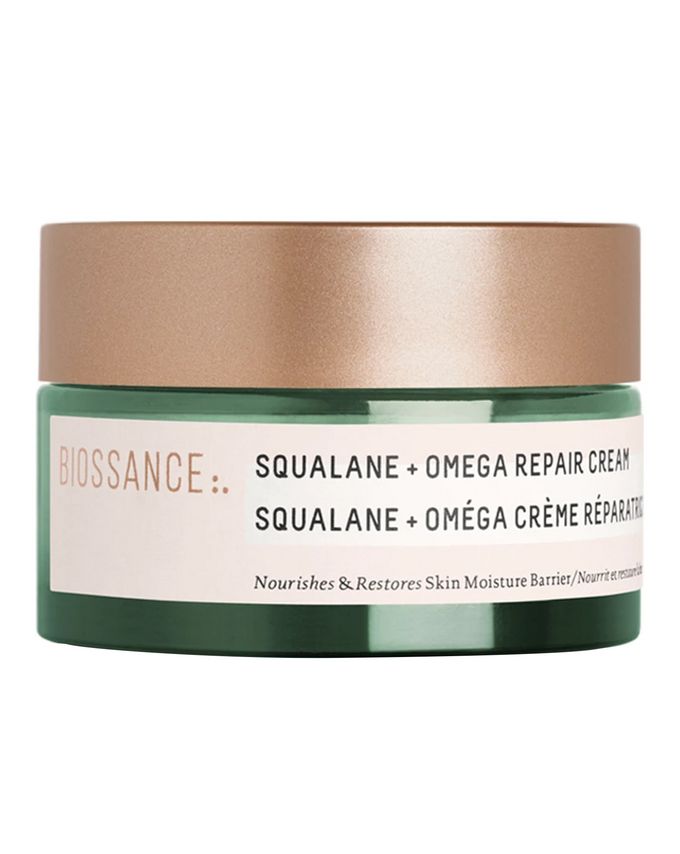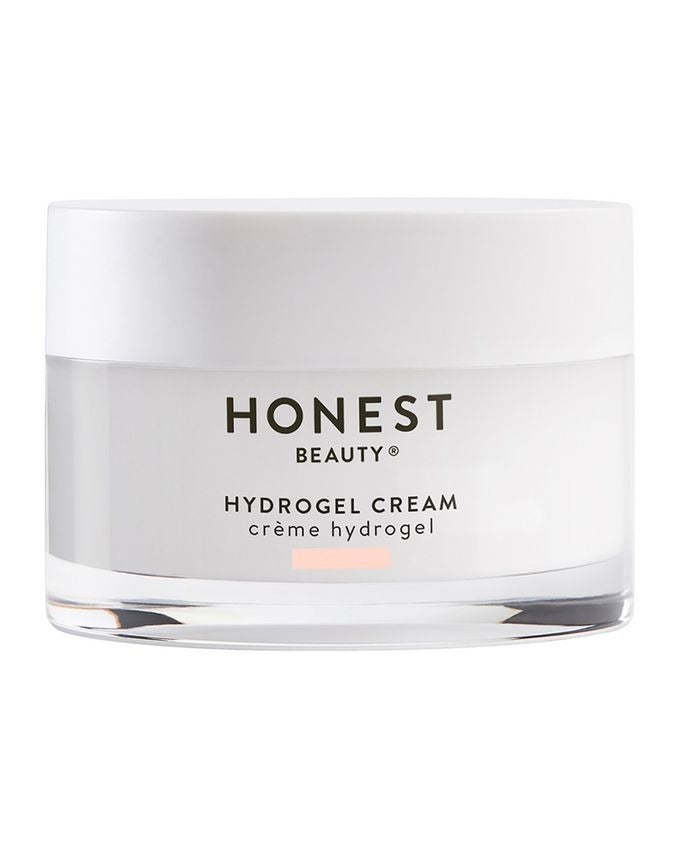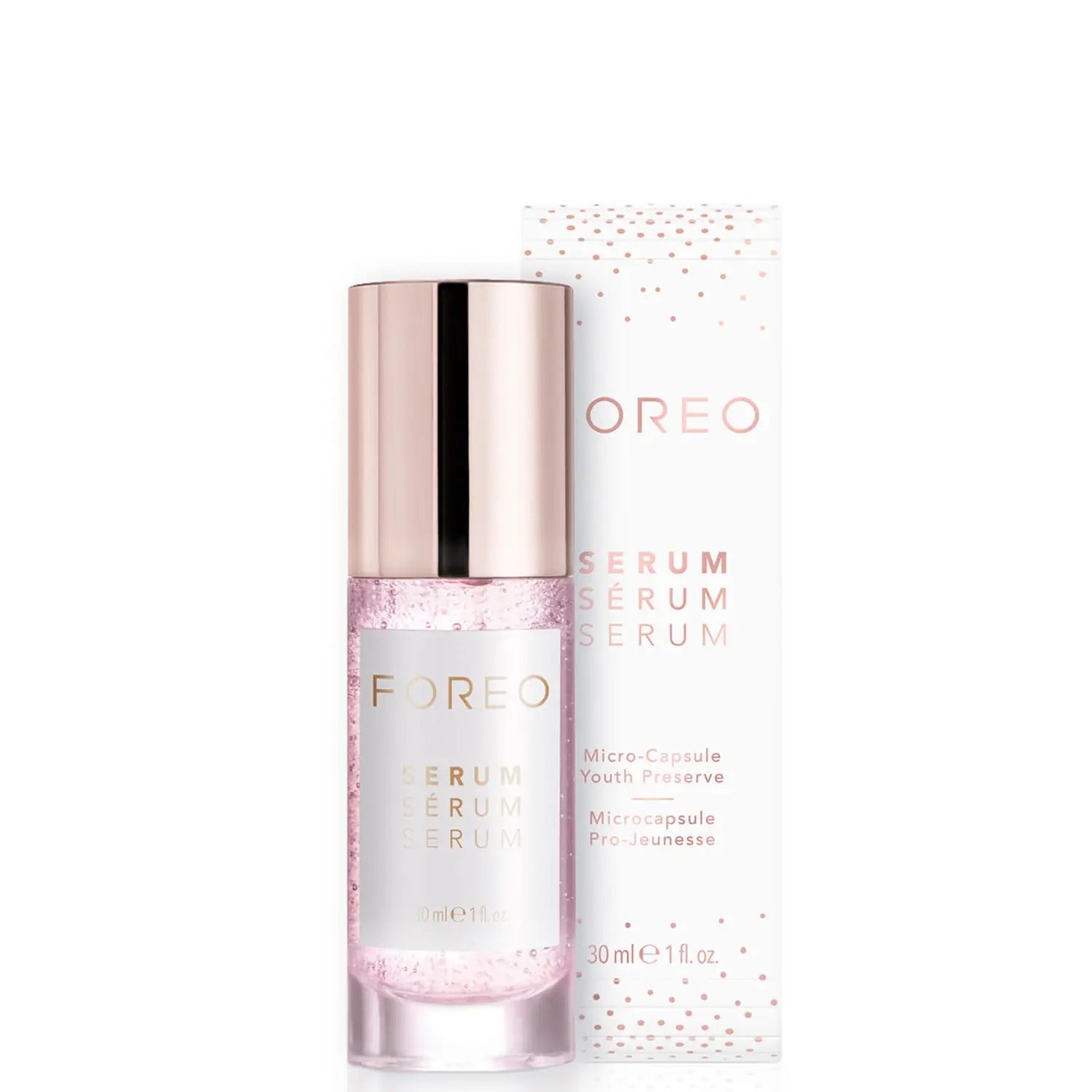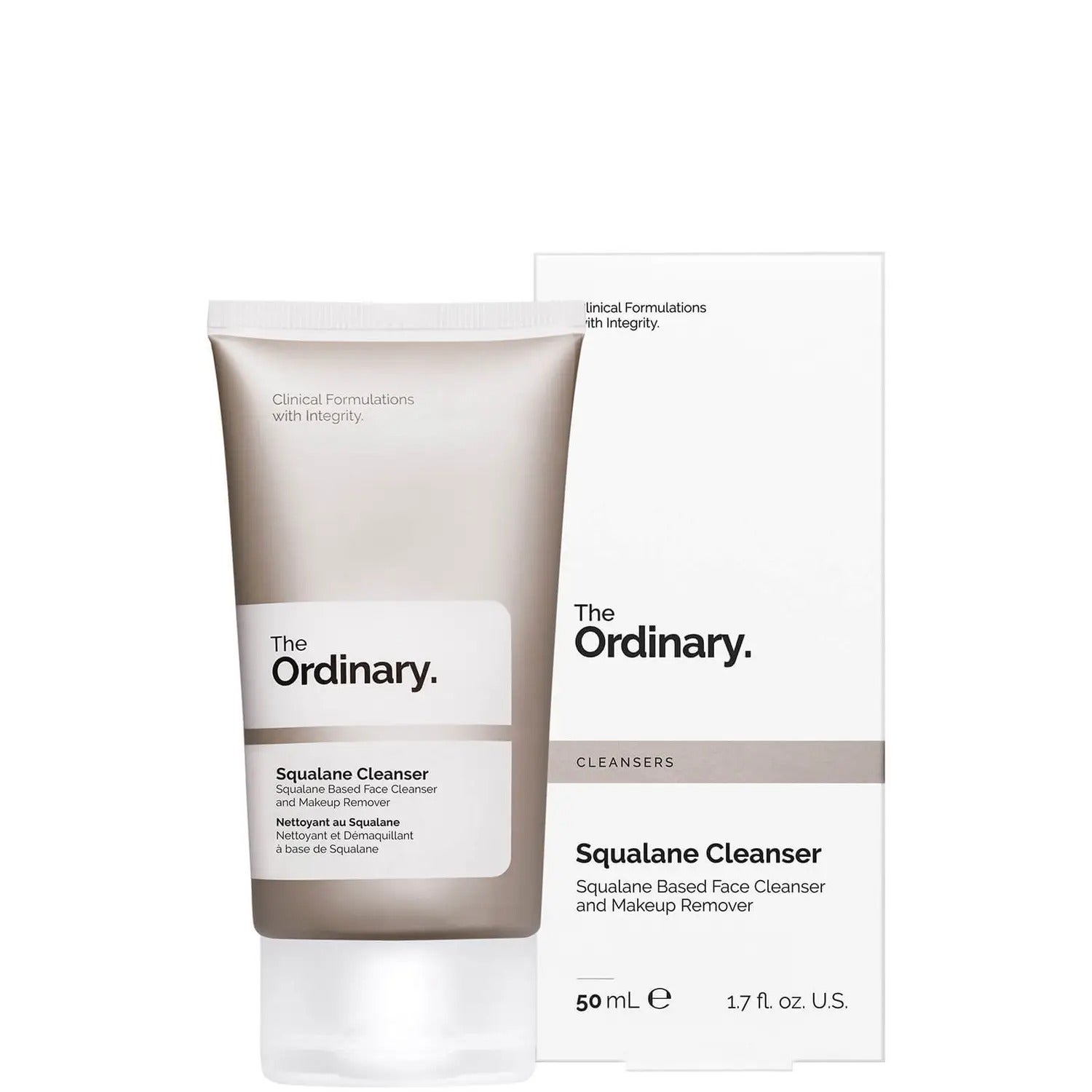When it comes to skincare, there are so many ingredients touted as "must-haves" and "game-changers", you'd be forgiven for finding it difficult to work out exactly which ones (if any) are worth your hard-earned money.
This year alone, we were introduced to succinic acid (great for breakouts and oily skin), epidermal growth factors (championed by top London facialists as the next big thing in pro-ageing) and phytoretinol (a plant-based version of retinol that's kinder on skin). But with temperatures plummeting and the central heating on high, nothing has made waves in skin expert circles quite like the ingredient squalane. On TikTok alone, the hashtag #squalane has an enormous 9.1million views, with skincare enthusiasts and dermatologists alike obsessed. So what is it and how can it give you better skin?
AdvertisementADVERTISEMENT
What is squalane and where does it come from?
Commonly, squalane was derived from shark liver oil, but in a bid to be more ethical, a vast majority of squalane used by beauty brands in skincare is now derived from plants. Chris Luckham, trained beauty therapist and head of education at FOREO says it typically comes from olives, but it can also be synthesised in a lab. "Squalane feels like an oil but it will not clog your pores," he says.
Without sounding like a biology lesson, squalane (with an a) is a more stable form of an ingredient called squalene (with an e), the latter of which is found naturally in our own sebum [or oil], says Claire Williams, skincare expert and founder of WOW Facial. "Sebum is made up from fats, fatty acids, ceramides and squalene," explains Claire. Put simply, the squalane in beauty products is a more effective version, which is why it is used in skincare. "Squalane thus helps restore and preserve the healthy skin barrier for all skin types," adds Chris.
What are the skincare benefits of squalane?
Squalane acts as an 'emollient', says Chris, so it helps retain moisture inside of our skin. "All skin types need emollients to nourish and keep in moisture," he explains. Squalane's moisture-trapping credentials are what makes it a great ingredient for dry skin, adds Claire. Though it feels very similar to an oil, which is typically known to block up pores and make the skin greasy, Claire mentions that it is non-comedogenic, which means it's less likely to clog the skin and result in spots. "It is very light in texture, making it more wearable for oily and congested skin types," says Claire. That's not all, though. "It's also anti-inflammatory, so it's excellent for oily and acne prone skin."
AdvertisementADVERTISEMENT
With that in mind, Claire says that squalane is a perfect skin care ingredient to use in the winter. "Squalane forms a breathable barrier on the skin that can reduce water loss and maintain the skin's moisture levels. The ingredient protects from excessive heat from central heating and extreme cold, too." You can expect an overall improved skin barrier (healthy, soft, soothed skin), says Claire, and because it keeps skin hydrated, the appearance of fine lines and wrinkles may be minimised.
What are the best skincare products with squalane?
"Squalane works well as a base for many skincare products as it combines well with active ingredients such as retinol, vitamin C, vitamin E or acids such as glycolic and lactic acid," says Claire. The Ordinary is a popular brand which mixes potent ingredients with moisturising squalane, for example the The Ordinary Retinol Serum 1% in Squalane, £5.85, and the brand new Salicylic Acid 2% Anhydrous Solution, £5.20. "The addition of squalane to these ingredients can reduce irritation and improve the outcomes for your skin by reducing inflammation and slowing down the penetration of these actives," explains Claire. In other words, squalane acts like a cushion on the skin, so that you're less likely to feel sensitivity, which can be common with some of the above-mentioned ingredients.
AdvertisementADVERTISEMENT
If you're not keen on using strong skincare ingredients but still want to give squalane a go, so many beauty brands are incorporating the moisture-trapping ingredient into soothing moisturisers, which are perfect for winter-ravaged skin (but can be used all year round, too). Try the Biossance Squalane & Omega Repair, £45, which combines squalane with moisturising glycerin and shea butter for those with very dry skin. If your skin type is oily or acne-prone, you might like the Honest Beauty Hydrogel Cream, £25, which is lightweight in texture and melts into the skin quickly, leaving behind a nice glow. For combination types, it has to be the Kiehl's Ultra Facial Cream, £28. It makes skin feel silky and moisturised all day and it sits beautifully under makeup.
If you're after something with SPF (a must, even when it's cloudy) Claire recommends Intradermology's Synergy, £49. "It's the perfect SPF 50, as it's easy to wear and has a pollutant filter, as well as a blue light and a thermal filter. It's great for both the winter and summer." Alongside squalane, the sunscreen boasts vitamin C to shield skin from dulling pollution. "The squalane makes it highly moisturising and easy to wear. It's a good all rounder."
AdvertisementADVERTISEMENT
If you want something lighter to layer underneath your favourite moisturiser, Chris recommends FOREO's Serum Serum Serum, £49. "It has a deeply hydrating mix of hyaluronic acids and nourishing, squalane. In serums, squalane is often paired with ever-loving hyaluronic acid, as these two make a great pair. Hyaluronic acid attracts the water molecules, while squalane locks them together." As dry air and wind can trigger inflammation, Chris says this combination is beneficial in the winter months when our skin needs more moisturising attention. "Skin is left with a healthy glow and plump look."
To amp up the skin benefits, also try a squalane cleanser. "It's amazing to see squalane in cleansers because skincare routine step is often drying — and can be worsened in the winter months. A squalane-based cleanser is a gentle and nourishing and your skin will thank you later." R29 rates The Ordinary's Squalane Cleanser, £5.50, as it's kind on all skin types and removes makeup and oil quickly.
Are there any side effects to using squalane in skincare?
"Squalane has a good safety profile with hardly any listed side effects," says Claire. Chris adds that it can be mixed with many skincare ingredients, so there's no need to worry about your products clashing.
Though squalane is highly tolerated, when it comes to using any new skincare product, Claire explains there could potentially be the risk of allergic reaction. If this happens, stop using the product right away.
Refinery29's selection is purely editorial and independently chosen – we only feature items we love! As part of our business model we do work with affiliates; if you directly purchase something from a link on this article, we may earn a small amount of commission. Transparency is important to us at Refinery29, if you have any questions please reach out to us.
AdvertisementADVERTISEMENT







